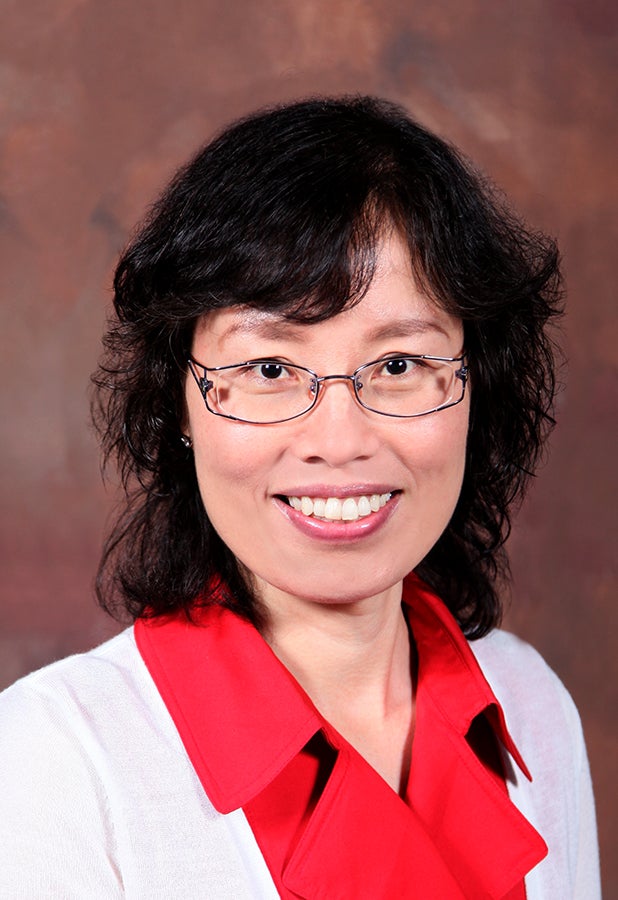Young-Mee Kim, PhD (University of Illinois at Chicago): “Mechanisms of Endothelial Dysfunction in Inflammation, Cancer Cachexia, and Metabolic Diseases”
April 11, 2025
11:00 AM - 12:00 PM
Location
Moss Auditorium - 1020 COMRB
Calendar
Download iCal FileHost: Jan Kitajewski, PhD
Dr. Kim’s research primarily focuses on vascular biology and vascular heterogeneity in both healthy and disease conditions. She has expertise in redox biology, real-time imaging, transcriptome analysis, and proteomic analysis. During her training, she demonstrated reactive oxygen species (ROS) produced by VEGF and angiopoietin-1 mediate angiogenesis through phospho-proteomic analysis. She identified a novel function of protein disulfide isomerase (PDIA1), a key ER chaperone and thiol oxidoreductase, showing that it regulates mitochondrial dynamics in endothelial cells and serves as a critical switch for endothelial health (Cell Reports 2018 and Angiogenesis 2023). Dr. Kim was a co-corresponding author on a Nature Communications 2021 paper that demonstrated how the mitochondrial fusion protein Mfn2 regulates endothelial barrier integrity and inflammation, using endothelial Mfn2-specific conditional knockout mice. Furthermore, she is the first and co-corresponding author of a manuscript recently accepted in Nature Cancer 2025, titled “Impaired barrier integrity of the skeletal muscle vascular endothelium drives progression of cancer cachexia.”
Dr. Kim is expanding her cancer research to focus on how enhancing endothelial health can affect the progression of cancer cachexia. She has also developed new projects exploring the roles of vascular endothelial cells in diseases associated with metabolic dysfunction. One project examines vascular endothelial dysfunction in sarcopenic obesity and another investigates the angiometabolic regulation of metabolic dysfunction-associated steatotic liver disease (MASLD) progression. By identifying the transcriptional co-activator PGC1α as a key regulator of endothelial health, she believes that she has discovered a novel route to reverse or prevent cancer cachexia, sarcopenic obesity, and MASLD in a tissue-specific manner.
Date posted
Mar 17, 2025
Date updated
Apr 3, 2025
Speakers
